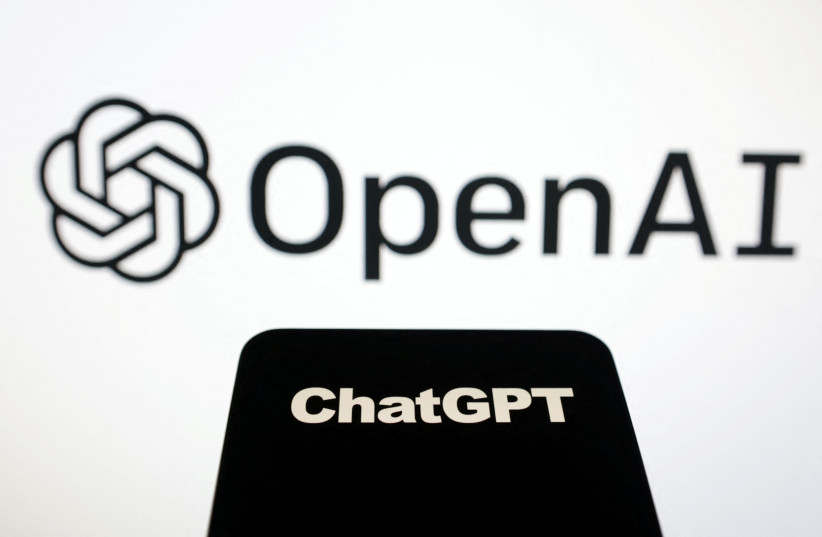Since the launch of ChatGPT last year, the casual use of AI, and conversations about it, have exploded. It has become the fastest-growing app in Internet history, with more than 100 million users in two months. The World of Statistics compared the growth of ChatGPT to other world-altering technological inventions, such as mobile phones and the Internet.
AI is already shaping our world positively, aiding in healthcare, science and the most basic literary tasks (although not this piece!). There is certainly much to talk about. The discourse, however, quickly turned more alarming and somewhat sinister.
CNN reported that at a Yale CEO summit in early June, 42% of CEOs asked said that AI “has the potential to destroy humanity five to 10 years from now.” Pundits have warned that artificial intelligence could lead to plagiarism, job losses, fake news and additional harm.
Yet, it is hard to deem this new technology so conclusively as a threat. As a society, we will gradually learn how to apply and restrain it, harnessing it for the good. Maimonides, one of the most eminent Jewish philosophers of all time, held an optimistic view of history, whereby the technological and religious developments of human civilization are marching in a positive direction. Technological advances can be used to push the world forward, and AI should be no different.
What Judaism is all about
But all of this is just my thoughts on the future. A clear conclusion of all this technological innovation, and how to balance it, can be gleaned already now. One aspect of AI should be contrasted with Judaism, and highlight what Judaism is all about.

Artificial intelligence already poses a threat to our experience of reality. It has the potential to warp our true perception and understanding of the world. The technology can generate deep fakes and weave convincing, yet fictitious, stories. It is becoming increasingly difficult to assess what information is genuine and what is distorted; the boundaries between truth and falsehood are being blurred by machines.
AI algorithms can further perpetuate the echo chambers we find ourselves in, reinforcing our existing beliefs and isolating each societal subgroup from alternative perspectives, be they political, social or academic. AI-driven platforms can push us to our deepest interests and biases, obscuring a fuller picture of the world around us.
In contrast, Judaism is a value system and a lifestyle that forces us to properly engage with the world around us, truthfully and holistically. Its many commandments permeate our lives. Judaism makes us focus and be mindful of the daily, weekly and annual passage through time, shaping all aspects of our lives.
Reciting blessings makes us appreciate the food we eat. The three daily prayers allow us to consciously express gratitude, three times a day, for our livelihoods and cognitive abilities. One verse in Psalms describes “angels of God encircling us”; Maimonides understands this to mean the mitzvot that surround our lives.
Community living, Shabbat, charity, and our days of national commemorations force us to live in the real world, fully engaging with others, our past, and aspects of ourselves that we would otherwise not tap into.
AI may threaten our engagement with the outside world around us, but Judaism can plug us back into it. The future is bright, but the present can also be.
The writer, a rabbi, is CEO of the Jewish Learning Exchange.
